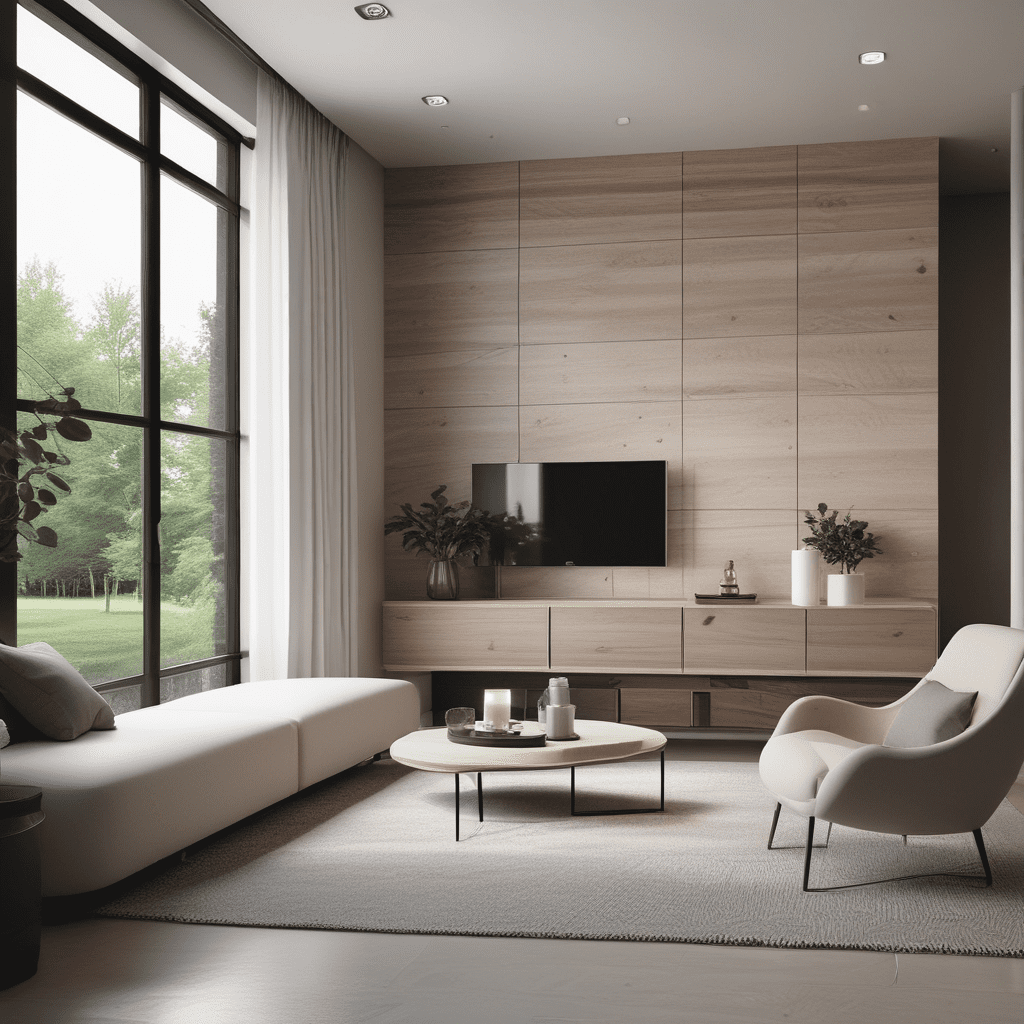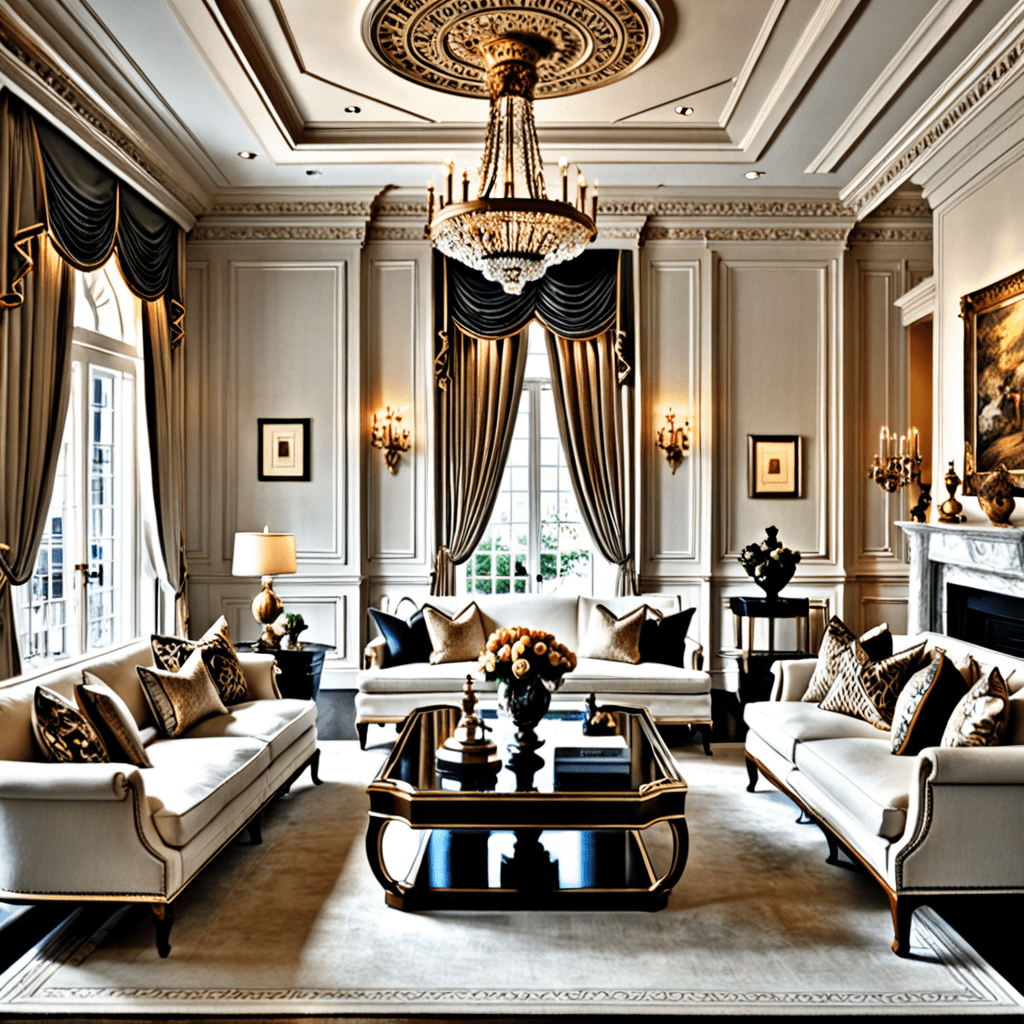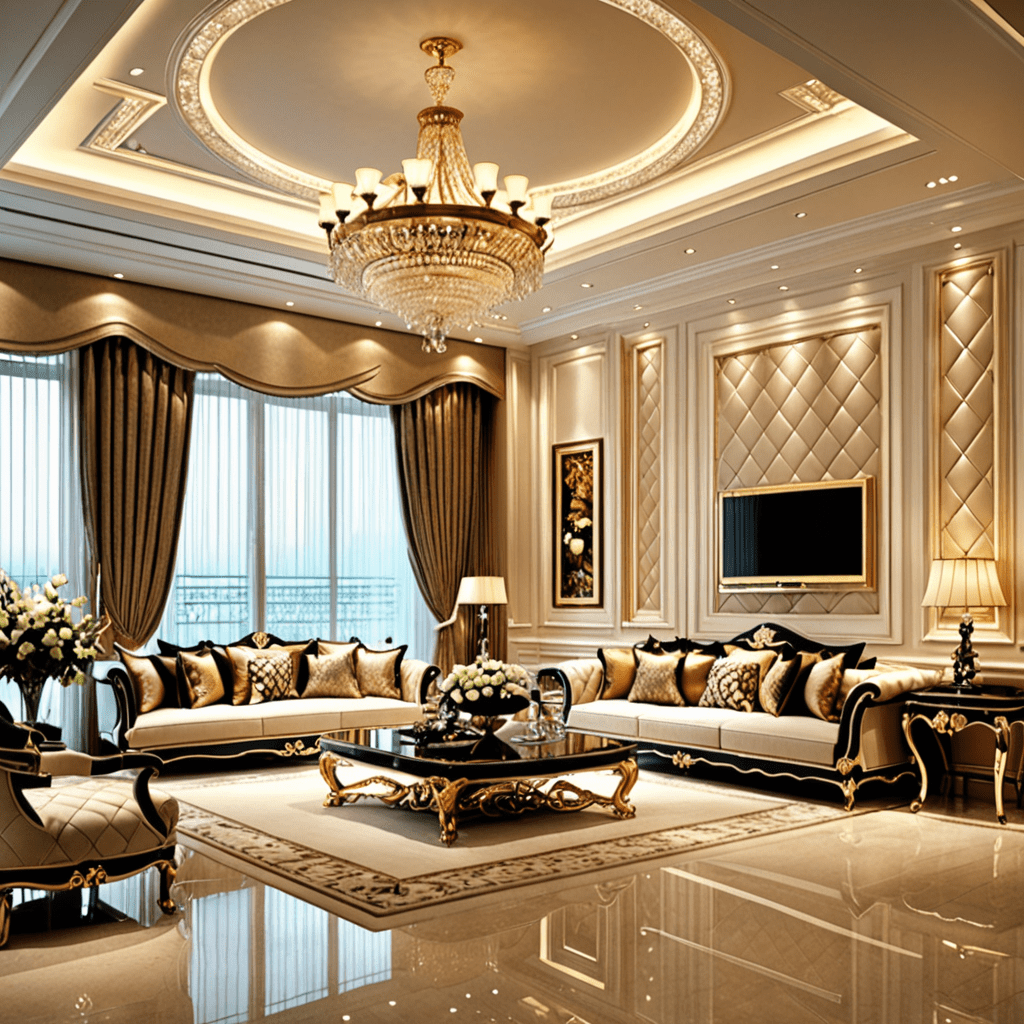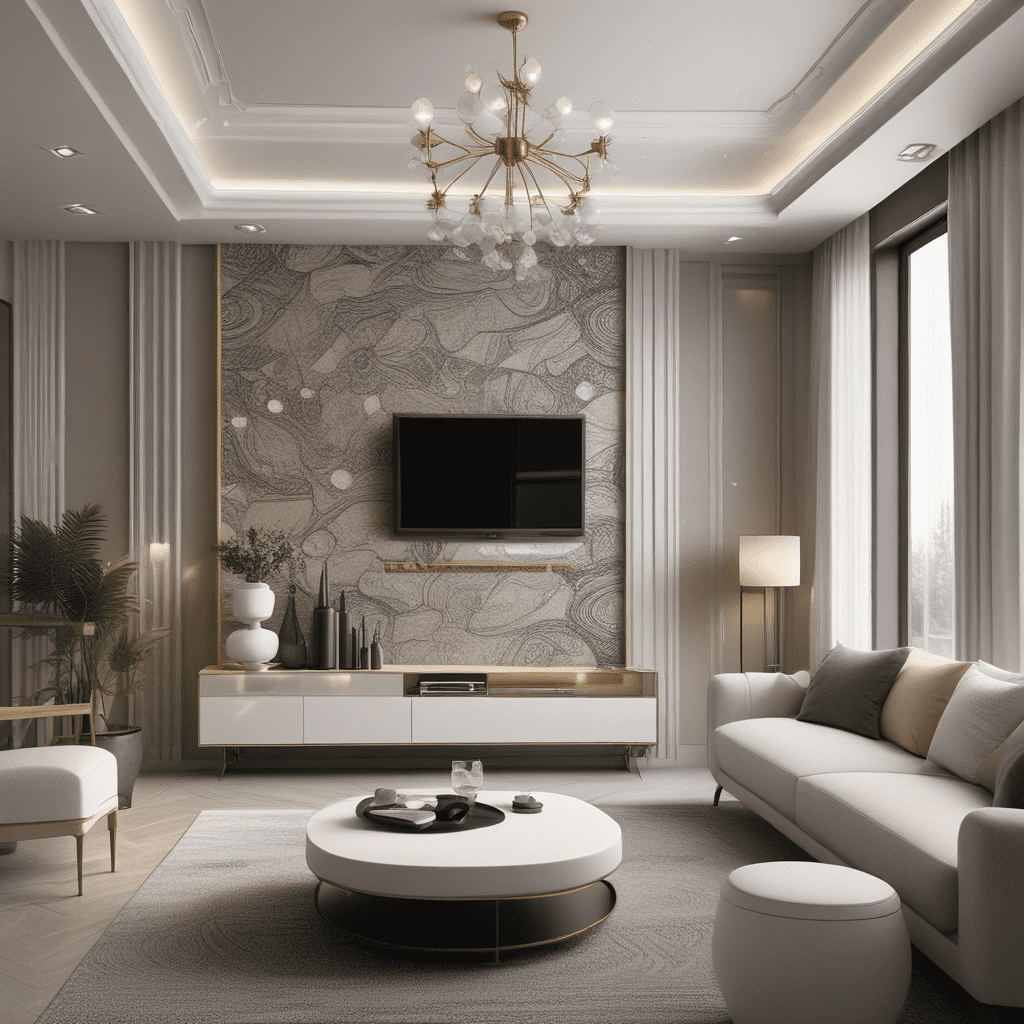Interior Design Project Manager: How to Create Perfection
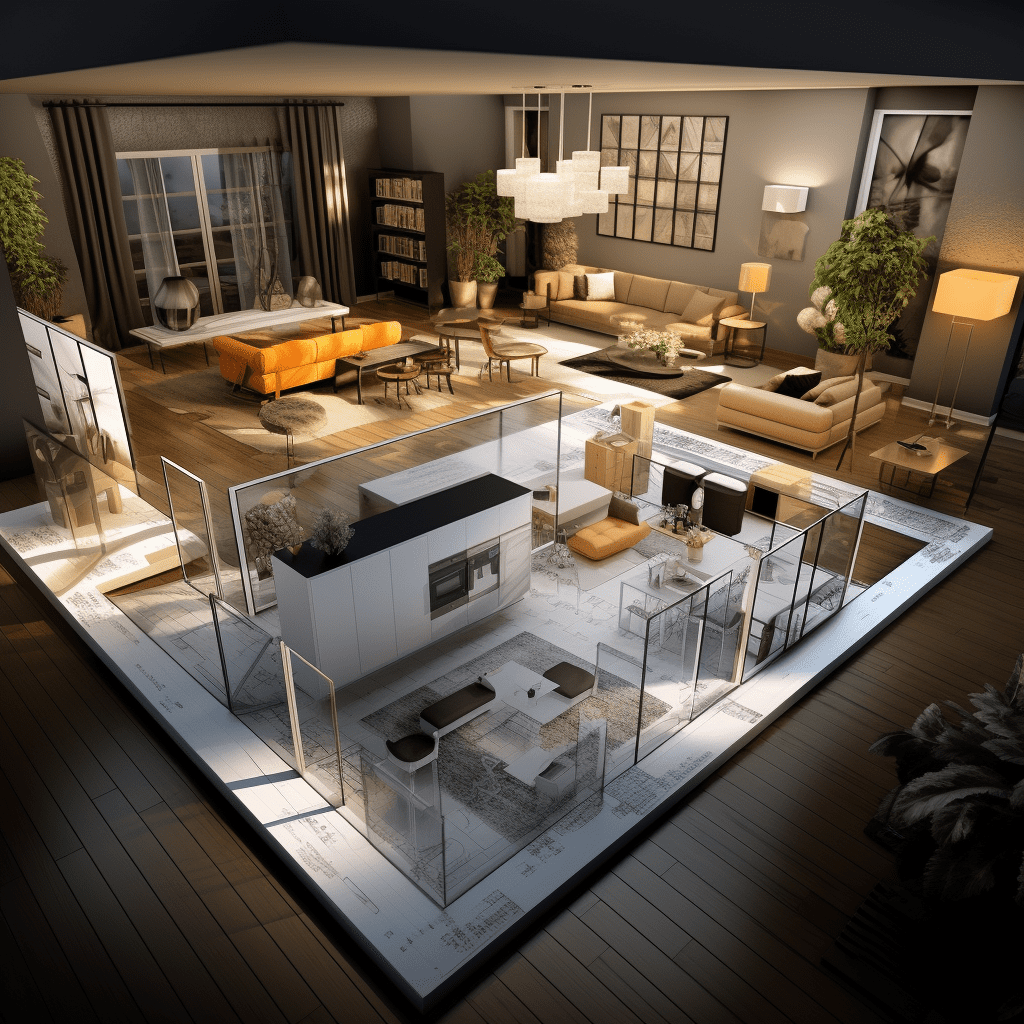

The Role of an Interior Design Project Manager
In the world of interior design, the role of a project manager is crucial to the success of any project. From conception to completion, the project manager ensures that every aspect of a design project is carefully planned, coordinated, and executed. In this article, we will explore the responsibilities, skills, and qualifications necessary for a successful career as an interior design project manager.
What Does an Interior Design Project Manager Do?
Interior design project managers oversee the entire process of a design project, from the initial client meeting to the final installation. Their responsibilities include:
- Planning and Budgeting: The project manager works closely with clients and stakeholders to understand their goals and requirements. They develop a detailed project plan, including a timeline and budget, and ensure that all aspects of the project are within these constraints.
Managing Teams: The project manager coordinates a team of designers, contractors, and vendors to ensure that everyone is working together effectively and efficiently. They assign tasks, track progress, and provide guidance and support as needed.
Communicating with Clients: An essential part of the project manager’s role is maintaining open lines of communication with clients. They keep clients informed of the project’s progress, address any concerns or changes, and ensure that the design meets the client’s expectations.
Sourcing Materials and Resources: The project manager handles the procurement and coordination of all materials, furniture, decor, and other resources required for the project. This includes selecting vendors, negotiating contracts, and ensuring the timely delivery of goods.
Quality Control and Problem Solving: Throughout the project, the project manager monitors the quality of work and addresses any issues or challenges that arise. They conduct regular site visits, coordinate inspections, and ensure that the project meets all safety and regulatory requirements.
Ensuring Timely Completion: Meeting deadlines is crucial in the fast-paced world of interior design. The project manager carefully manages the project timeline, identifying and addressing any delays or obstacles that may arise, to ensure that the project is completed on time.
Skills and Qualifications
To be a successful interior design project manager, one must possess a unique combination of skills and qualifications. These may include:
- Design Knowledge: A strong understanding of interior design principles and an eye for aesthetics is essential. The project manager should be able to evaluate design proposals, provide feedback, and make informed decisions that align with the client’s vision.
Project Management Skills: Excellent organizational, time management, and multitasking skills are critical for managing the complexities of an interior design project. The project manager must be adept at prioritizing tasks, managing resources, and adapting to changing circumstances.
Communication and Collaboration: Effective communication is key to building strong relationships with clients, team members, and vendors. The project manager should be able to clearly convey ideas, actively listen, and collaborate with others to achieve common goals.
Problem-Solving Abilities: Interior design projects often encounter unforeseen challenges. The project manager must be able to think critically, analyze problems, and propose creative solutions to keep the project on track.
Attention to Detail: From coordinating colors and materials to managing budgets and schedules, a keen attention to detail is vital. The project manager must be meticulous in their work to ensure that the final design meets the highest standards of quality.
Industry Knowledge: Staying up-to-date with the latest trends, technologies, and regulations in the interior design industry is crucial. The project manager should be knowledgeable about industry best practices and be able to implement them effectively.
How to Become an Interior Design Project Manager
Becoming an interior design project manager typically requires a combination of education, experience, and certifications. Here are some steps you can take to pursue a career in this field:
- Education: Most interior design project managers hold a bachelor’s degree in interior design or a related field. This formal education provides a solid foundation in design principles, space planning, and project management.
Experience: Gaining practical experience in the industry is crucial for developing the skills needed for project management. This can be done through internships, entry-level positions, or working under the guidance of experienced professionals.
Certifications: There are several certifications available that can enhance your credibility and demonstrate your expertise as an interior design project manager. The National Council for Interior Design Qualification (NCIDQ) certification is widely recognized and highly regarded in the industry.
Continuing Education: As with any profession, staying up-to-date with the latest trends, technologies, and regulations is critical. Participating in workshops, seminars, and continuing education courses can help you expand your knowledge and skills as an interior design project manager.
Professional Networking: Building a strong professional network can open doors to opportunities in the industry. Attend industry events, join professional associations, and connect with other interior design professionals to expand your network.
FAQ
Q: How much does an interior design project manager earn?
A: The salary of an interior design project manager can vary depending on factors such as location, experience, and the scale of the projects they manage. In general, the average annual salary for an interior design project manager ranges from $50,000 to $100,000.
Q: Is it necessary to have a design background to become an interior design project manager?
A: While having a design background can be beneficial, it is not always a requirement. Many successful interior design project managers have a combination of design knowledge and project management skills. The key is to have a good understanding of design principles and the ability to manage and coordinate various aspects of a project.
Q: What are the main challenges faced by interior design project managers?
A: Some of the main challenges faced by interior design project managers include managing tight budgets and timelines, coordinating multiple stakeholders, and dealing with unexpected problems or delays. Effective communication, problem-solving skills, and adaptability are crucial in overcoming these challenges.
Q: Can I work as a freelance interior design project manager?
A: Yes, many interior design project managers choose to work as freelancers or start their own design firms. However, it is important to note that freelancing requires self-discipline, excellent time management skills, and the ability to market yourself to clients.
Q: How can I become a better interior design project manager?
A: Continuous learning and self-improvement are key to becoming a better interior design project manager. Stay up-to-date with industry trends, technologies, and best practices. Seek feedback from clients, colleagues, and team members to identify areas for improvement. Consider pursuing additional certifications or continuing education courses to enhance your skills and knowledge.
Q: What software tools do interior design project managers use?
A: Interior design project managers commonly use software tools such as AutoCAD, SketchUp, Revit, and project management software like Asana or Trello. These tools help with tasks such as creating and modifying design plans, managing project schedules, and collaborating with team members.
As you can see, an interior design project manager plays a crucial role in the success of any design project. From planning and budgeting to managing teams and ensuring timely completion, their expertise and skills are instrumental in bringing a client’s vision to life. With the right education, experience, and certifications, you can embark on a rewarding career as an interior design project manager.
